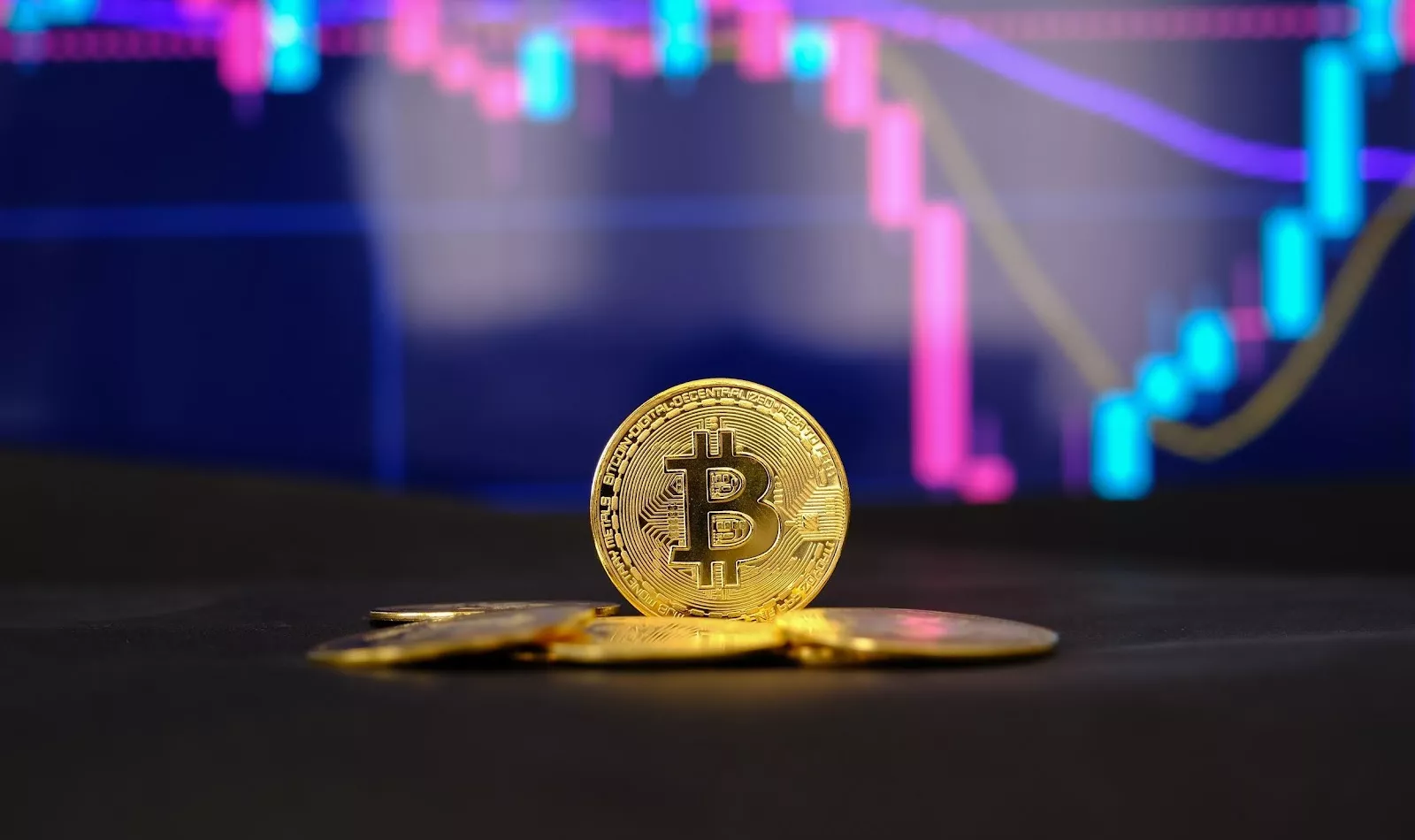$4 Billion Bitcoin Sell-Off Looming: Are Your Investments at Risk?
Supreme Court Decision Could Trigger Massive Bitcoin Sell-Off
The U.S. Supreme Court recently decided not to hear a case regarding the seizure of 69,000 Bitcoins from the Silk Road website. This decision could lead to a massive sale of these Bitcoins by the U.S. government, a move that may significantly impact Bitcoin prices.
With a value exceeding $4.2 billion, this sale would dwarf recent Bitcoin sales by other governments, such as the German government’s earlier sale. Experts are divided on whether the U.S. has the right to sell these Bitcoins, but the Supreme Court’s decision clears a major hurdle. If these Bitcoins enter the market, the effect could be substantial.
What Happens When Governments Sell Bitcoin?
Historical Price Drops from Large Bitcoin Sales
Bitcoin has historically seen price drops following large sales by governments or institutions. For example, after the Mt. Gox hack and Germany’s Bitcoin sale, Bitcoin’s price dipped considerably. This trend could continue if the U.S. government sells its 69,000 Bitcoins, which would be one of the largest sales on record.
Can the Market Absorb the Impact?
The big question is whether the market can absorb such a large sale without crashing. Given the current value of the seized Bitcoins, the fear of oversupply could cause panic selling, leading to further price declines. Market analysts are cautiously watching the situation, as the potential sell-off poses a real threat to Bitcoin’s short-term stability.
How Institutional Investors Can Mitigate the Impact
The Role of Institutional Investors
Institutional investors, including hedge funds and large asset managers, now play a vital role in stabilizing the Bitcoin market. If the government opts for a gradual sale of the seized Bitcoins, these investors could step in and absorb the supply, preventing a major crash. They have the financial resources to buy large amounts of Bitcoin during market dips, keeping prices relatively stable.
Slow Sales vs. Mass Dumping
Should the government sell all 69,000 Bitcoins at once, it could trigger panic selling and a price drop. However, if the sale is spread out over time, institutional investors might view this as an opportunity to buy Bitcoin at a discount, thus cushioning the market from extreme volatility.
FTX Payout: A Potential Buffer for Bitcoin Prices
Upcoming FTX Payout Could Stabilize the Market
Another factor that could help stabilize Bitcoin prices is the $16 billion payout to creditors from the collapsed FTX exchange. A significant portion of this payout is expected to be reinvested in Bitcoin and other cryptocurrencies, which could provide a buffer against the potential market shock from the government’s sale of Bitcoin.
Reinvestment into Crypto Markets
If a large amount of the FTX payout flows back into the cryptocurrency market, it could help absorb some of the Bitcoins released from government sales. This reinvestment would increase demand, potentially balancing the supply influx and limiting downward price pressure.
2024 U.S. Election: A Crucial Factor for Bitcoin’s Future
Trump’s Pro-Bitcoin Stance vs. Harris’s Caution
The 2024 U.S. presidential election could have a profound impact on cryptocurrency regulation and Bitcoin’s future. Donald Trump, once a critic of Bitcoin, has shifted his stance, showing more support for the cryptocurrency. He has even proposed creating a “national Bitcoin stockpile” and suggested the release of Ross Ulbricht, the founder of Silk Road.
On the other hand, Kamala Harris has taken a more cautious approach, largely aligning with President Biden’s administration, which has been more wary of the cryptocurrency industry. Bitcoin regulations could become more relaxed or more stringent depending on who wins the election.
How the Election Could Impact Bitcoin Prices
The election’s outcome could directly influence Bitcoin prices and adoption. If Trump wins, a more favorable regulatory environment could emerge, encouraging broader adoption. However, if Harris wins, stricter regulations might be introduced, which could slow Bitcoin’s growth.
Managing the Impact of Government Bitcoin Sales
The Psychology of Bitcoin Sales
When governments sell large amounts of Bitcoin, it often triggers short-term panic in the market. Investors worry about oversupply, leading to quick sell-offs that cause temporary price dips. However, these drops are typically short-lived, as institutional investors step in to buy during the dip.
The Mt. Gox Case: A Historical Lesson
A similar scenario occurred when creditors from the Mt. Gox exchange received their Bitcoin payouts. Many sold their Bitcoin immediately, causing a 20% price drop in less than a week. Analysts are concerned that the U.S. government’s sale of seized Bitcoin could lead to a similar market reaction.
Cheap Remote Crypto Mining for you – Click Here
Institutional Investors’ Growing Role in the Market
Stabilizing the Market
Institutional investors now play a critical role in keeping the cryptocurrency market stable. Large asset managers, hedge funds, and even family offices increasingly view Bitcoin as a hedge against inflation and a long-term investment.
These institutional investors are better positioned to absorb large quantities of Bitcoin when governments sell, reducing the impact on the market. Institutions can buy up the supply if the sale is gradual without causing a significant price drop.
BlackRock and Fidelity: Big Players in Bitcoin
The entry of major firms like BlackRock and Fidelity into the Bitcoin market has brought increased stability. Their involvement indicates that institutional interest in Bitcoin is growing, and this institutional support could be key to managing the effects of government Bitcoin sales.
Conclusion: The Road Ahead for Bitcoin
The U.S. Supreme Court’s decision could lead to a $4 billion Bitcoin sell-off, injecting uncertainty into the market. While short-term price volatility is possible, the presence of institutional investors and the potential for reinvestment from the FTX payout provide hope for market stability. The upcoming U.S. presidential election will further shape the future of Bitcoin, with significant implications for both regulations and market sentiment.


